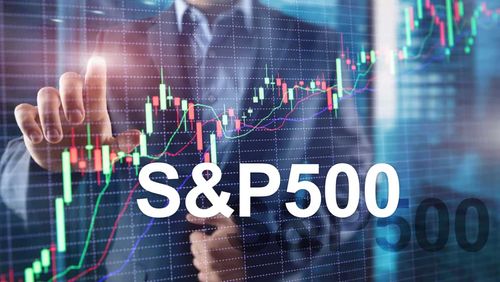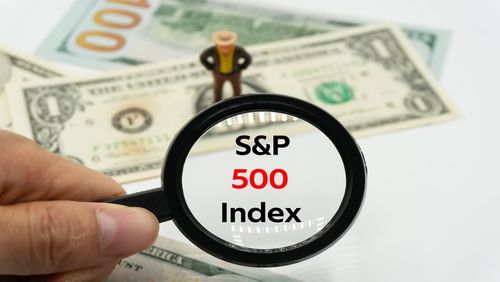Investing is rarely straightforward, and there are no guarantees of profit. Many books offer diverse tips and strategies, but what works for one person may not work for another. Even seasoned professionals can make mistakes despite years of experience. Each investor has unique goals, risk tolerances, and levels of expertise. However, there are some common pitfalls that all investors should steer clear of, which we will explore below.
1. Overconcentration in individual stocks or sectors
Diversification is an effective strategy in investing. Individual stocks often exhibit greater volatility compared to a diversified portfolio of stocks. Over the past decade, most stocks within the Russell 1000 Index have underperformed the index itself for eight of those years, with an average of 29 percent of these stocks experiencing negative returns annually.
By spreading your investments across a variety of assets, you can reduce the risk of all your holdings moving in the same direction, particularly during market downturns.
2. Owning stocks you don't want
When diversifying your portfolio with index funds and actively managed funds that include numerous companies, there's a risk that some stocks may not align with your personal views or values. Finding a fund that perfectly matches your criteria can be challenging, even if it appears to focus on your desired investment areas.
For example, some ESG funds—designed to invest in companies with high environmental, social, or governance ratings—might still include businesses that score poorly on environmental factors but perform well in social or governance aspects. Consequently, your control over the individual securities is limited, as you don’t directly own or manage them.
3. Confusing risk tolerance for risk capacity
Recency bias is another behavioral tendency that affects investment decisions, where investors place excessive emphasis on recent market movements or developments. For instance, during periods of increased stock market volatility, some investors may withdraw more money from stocks or other assets than necessary, even if they don’t need it in the near future.
This reaction is often attributed to a decreased "risk appetite" among investors, leading them to be more cautious based on recent trends.
With an understanding of your risk tolerance, you can create a strategy for your investments that will help you balance the worries of volatility with the potential for bigger returns.
4. Letting your emotions rule
Perhaps the biggest threat to investment returns is emotion. The saying that fear and greed drive the market is accurate. Investors should avoid letting these emotions dictate their decisions.
While stock market returns can fluctuate dramatically in the short term, historical data shows that patient investors often see favorable returns over the long run.
Emotional investors might react to short-term losses by panic selling, even though they would likely be better off holding their investments over time. In fact, those who remain patient can sometimes benefit from the irrational decisions made by other investors.
5. Not understanding the investment
Given the market’s unpredictability, staying invested is generally more effective than trying to time it by buying low and selling high. Even experienced investors can struggle with this approach, as predicting short-term market movements can be risky and may result in missed opportunities or significant losses.
Rather than focusing on timing the market, adopt a patient, long-term investment strategy that aligns with your goals and time horizon. Invest regularly, utilize dollar-cost averaging, and maintain a diversified portfolio. Over time, this approach helps to mitigate some of the market’s volatility and can lead to more stable returns.
When considering shares, indices, forex (foreign exchange) and commodities for trading and price predictions, remember that trading CFDs involves a significant degree of risk and could result in capital loss.
Past performance is not indicative of any future results. This information is provided for informative purposes only and should not be construed to be investment advice.







